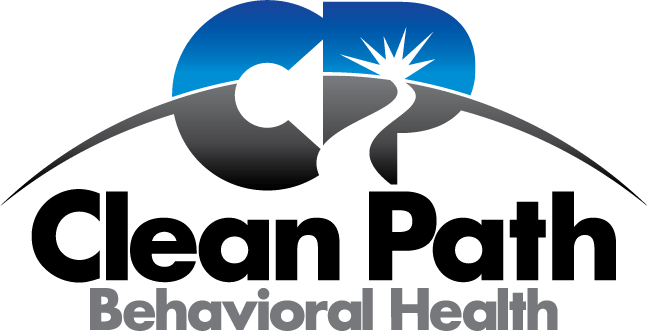

“Made a searching and fearless moral inventory of ourselves.” — The Big Book Of Alcoholics Anonymous
For many, Step Four represents the moment when you must truly decide if you’re willing to go to any lengths to get sober. Uncomfortable, challenging, and raw, this step forces you to take a brutally honest look at the person you became in addiction — and begin the process of changing it. It’s not easy, but it’s crucial. Old-timers often say that no one has ever stayed sober without doing this step.
But like every other step, you don’t have to do it alone. Hopefully by the time you’ve reached this point, you’ve built a relationship with a sponsor you can trust. They’ll guide you through the particulars of how to tackle what is perhaps the most notorious of all the steps.
There are almost as many ways to work this step as there are sponsors. Some people use charts, as described in the literature: Starting with a column listing who or what you are resentful over, the chart takes you through possible causes, how it affected you, your part, and any fears involved, truly breaking down the roots of your resentment and pain.
Others may use a more freeform approach with journaling and discussion. For some, the whole process may center on reflection and prayer.
But no matter how you and your sponsor choose to approach it, Step Four requires that you stop blaming others for your misfortune, and turn your gaze inside, getting to know your own personal defects.
Of course, it can be overwhelming to honestly confront the wreckage of your past, and the marks that addiction has left on your soul — especially for someone new in sobriety. Just keep in mind that the remaining eight steps represent a plan of action to work with your higher power and your sponsor to overcome them, and build a new life.
The caring and knowledgeable staff at Clean Path Behavioral Health can help you uncover your resentments and defects, and craft a plan to overcome them. Contact us today to find out how!
